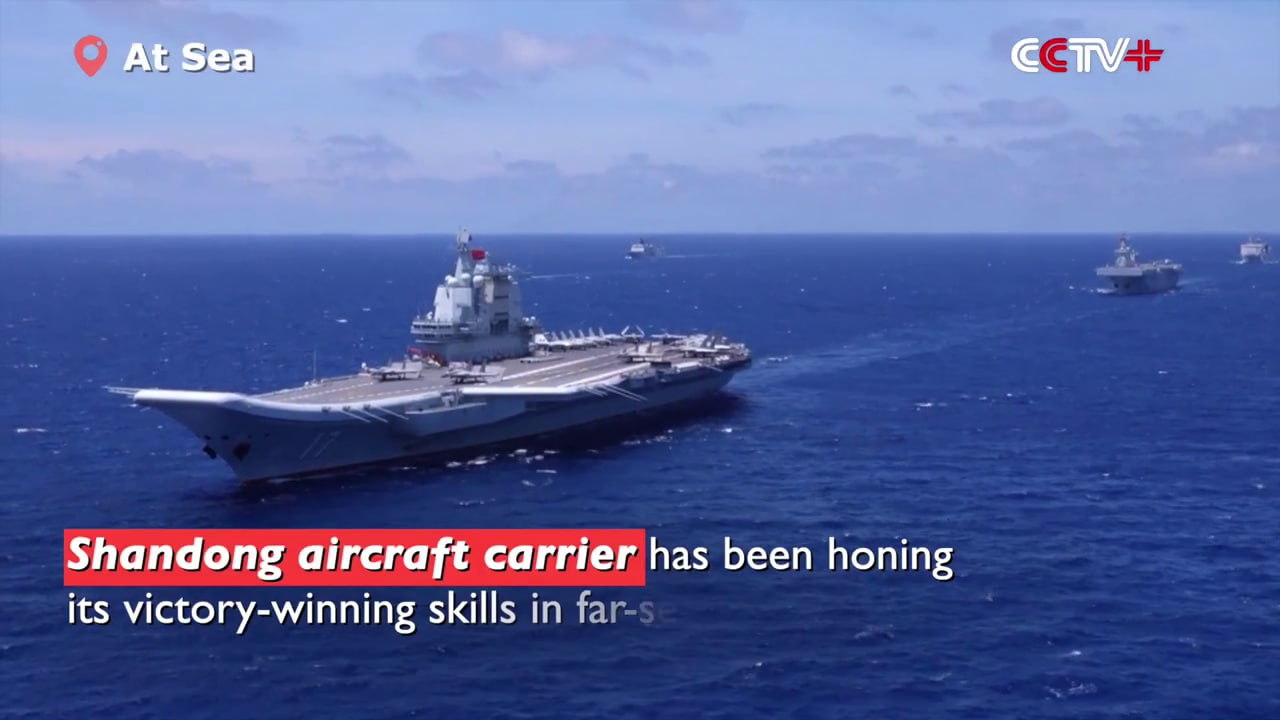
Iranian Majlis Member Gholamreza Heydari said in a February 20, 2019 interview with the IRNA News Agency (Iran) that Iran spends significant sums of money on religious seminaries, on “exporting the revolution through cultural channels,” on defense programs, on its missile industry, and on the wars in Syria and Yemen. Heydari, who is a member of the Majlis Planning and Budgeting Committee, said that Majlis members do not know the exact amount of money that is spent, and that much of the spending is at the discretion of Supreme Leader Khamenei rather than the Majlis itself. He also said that budget figures are “made up” and information is falsified in order to make it look like Iran’s income matches its expenses and consumption. Heydari added that the Iranian people experience this daily and already know much of this information because all the news is available online.
Following are excerpts:
Gholamreza Heydari: Large part of the credit is allocated to certain institutions… It is allocated to the religious seminaries. There was a time when the religious seminaries took pride in not relying on governmental budgets, and they would only accept religious payments from the public.
[…]
All of a sudden, we expanded the religious seminaries – whether for men or for women – throughout the country. They now have huge budgets. From a critical point of view… Take, for example, Al-Mustafa International University…
Interviewer: Many people talk about it these days…
Gholamreza Heydari: It has a huge budget. Another example is the Baqir Al-'Ulum Cultural Foundation, which belongs to [Ayatollah] Mesbah Yazdi.
[…]
In the Islamic Republic, a lot of weight is given to the cultural aspect. A lot of weight is given to exporting the revolution through cultural channels. In keeping with this principle, various organizations have been founded. Al-Mustafa International University, and the Islamic Culture and Communications Organization… They use the public budget.
[…]
Interviewer: As a member of the Majlis and of its planning and budget commission, could you estimate the size of the country's defense budget? Is it transparent or are there secret defense budgets?
Gholamreza Heydari: Look, there are defense budgets in different categories. With that being said, they receive a lot of money from the National Development Fund. All I can say is that it is a very significant sum. Today, the Islamic Republic considers the missile industry to be one of the most important components of its force. Well, every missile you launch is extremely costly. It needs to be paid for somehow. Now it is out in the open and we declare it officially through official media and by state officials… Our presence in Syria and Yemen costs money.
Interviewer: Can you estimate how much?
Gholamreza Heydari: I don't know the exact sum.
Interviewer: The Majlis members do not know how much money is spent on this?
Gholamreza Heydari: Not the exact sum.
Interviewer: Who in the Majlis knows?
Gholamreza Heydari: As I've said, not everything [is done through] the Majlis. In any case, this is under the direct supervision of the Commander in Chief of the Armed Forces [Khamenei]. The National Development Fund is also under the direct supervision of the Leader.
Interviewer: Money can be drawn from this fund after he authorizes this?
Gholamreza Heydari: Yes. The Majlis doesn't have direct authorization. The Majlis gives the recommendation, but it is subject to the Leader's approval.
[…]
Interviewer: In light of the current circumstances – the sanctions and the difficulties regarding the sale of oil and bank transfers… What is the expected deficit in the state budget next year? Is it possible to tell?
Gholamreza Heydari: Of course.
Interviewer: What percentage?
Gholamreza Heydari: Allow me not to mention figures. If our oil sales drop… You know how it is. Several countries were given permission to buy oil from us – India, Japan, South Korea… But this deal is, in fact, a trade of oil in exchange for food and medicine. This was announced officially. We have a problem with this as well.
Interviewer: So starting next [Persian] year, we will get food in exchange for oil? Meat, for example?
Gholamreza Heydari: Food products… We do not receive money directly.
[…]
As for the budget deficit, we have income sources on the one hand, and consumption and expenses on the other hand. It is said that these two should be balanced. In order to achieve this balance, they might make up some figures, or they may present false [information] about the sources. Take, for example, the issue of the tax revenues. This year, a much larger revenue was reported. It is unlikely that when businesses are in a recession… It is natural that…
Interviewer: The tax revenue will be smaller…
Gholamreza Heydari: Oil constitutes a large part of our income. When oil sales drop, the income drops as well. Or, for example, customs tariffs…. When you don't have a lot of imports… This income goes down as well…
[…]
If we wish to be honest with our public… Obviously, the people understand all of this by themselves. They experience this in their daily lives. Today, all the news gets to you online through social media networks.












